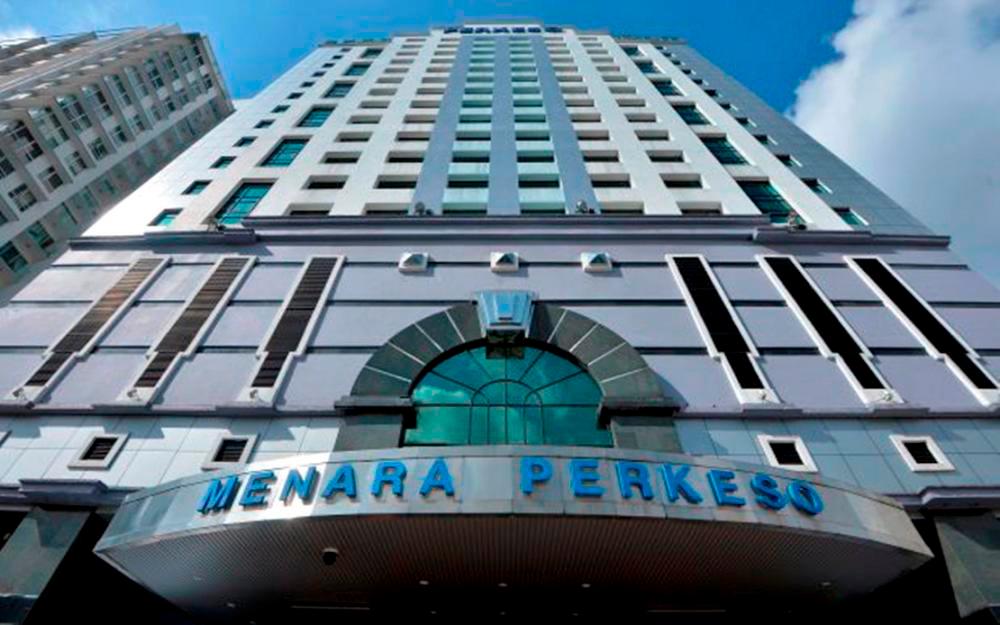PETALING JAYA: The Malaysian Employers Federation (MEF) has called on the government to clarify whether the Social Security Organisation (Socso) Invalidity Scheme will replace the existing foreign worker insurance schemes that employers currently pay for.
“The clarification is essential for employers to understand potential changes in their insurance obligations,” said its president Datuk Dr Syed Hussain Syed Husman.
He was commenting on Human Resources Minister Steven Sim’s announcement on Monday that the Socso Invalidity Scheme, which offers 24-hour protection, will also be extended to foreign workers.
Prior to extending the scheme, foreign workers were only provided with the Employment Injury Scheme under Socso that protected them during working hours.
Sim also said the decision to expand the scheme to foreign workers will save Socso about RM25.38 million annually to repatriate deceased individuals to their home countries.
Syed Hussain said while MEF supports the move to extend the Invalidity Scheme to foreign workers, the cost of repatriating deceased workers is already covered by existing insurance policies.
“Hence, it is important to clarify how the new Socso coverage will address this issue without incurring additional government expenditure or causing duplicity.”
He emphasised that while the MEF welcomed the government’s decision to improve benefits for foreign workers, addressing the issues requires standardised policy reforms.
Syed Hussain said this will ensure foreign workers are provided adequate social security coverage in line with those of local manpower.
“This forward-thinking and inclusive policy change aligns with international standards, enhances social security and improves the welfare of our labour force.
“Executing it would also mean making legislative changes, administrative improvements and expanding efforts to enhance awareness and accessibility of the various schemes and programmes for foreign workers.”
Syed Hussain said as MEF advocates non-discriminatory and fair labour practices, extending the Socso scheme to foreign workers elevates Malaysia’s commitment to human development, where no one is left behind, including foreign workers.
“The new Socso policy represents a significant step forward in the enhancement of employee benefits. By including foreign workers, we are bolstering the social security net to ensure that all workers have access to necessary support in times of need.”
He said adopting the policy also aligns with global best practices and reflects Malaysia’s commitment to upholding international labour standards.
This also enhances the foreign workers’ welfare, contributing to a more stable and motivated workforce.
He said as foreign workers contribute to the scheme, it is only fair that they receive the same benefits as their local counterparts.
Syed Hussain also said MEF acknowledges that implementing and enforcing the extension of the Socso Invalidity Scheme to foreign workers presents several challenges related to implementation, enforcement, funding, sustainability and employer compliance.
“Effective execution and strict enforcement are crucial to the initiative’s success. So it is essential to determine how the scheme will be funded to ensure its long-term sustainability and viability.
“Therefore, clear guidelines and a robust framework for execution are critical to achieving successful implementation and enforcement. Addressing these challenges comprehensively will help pave the way for a smooth and effective transition.”
He said as MEF supports the move, it also urges stakeholders to consider several key aspects, including which party will bear the cost of the extension and assess the financial impact on employers.









